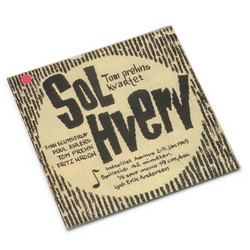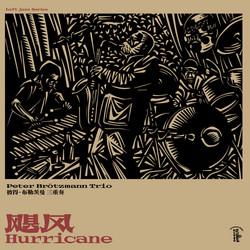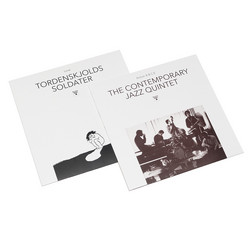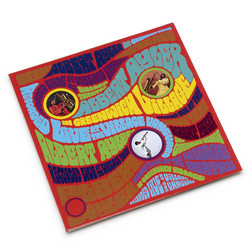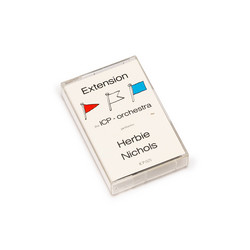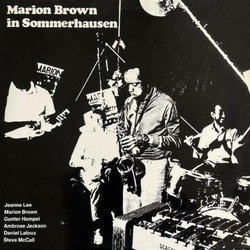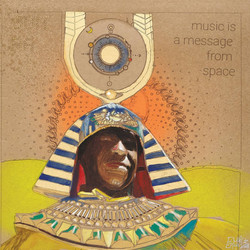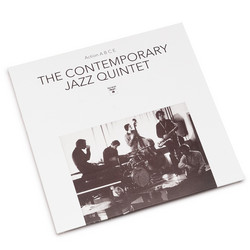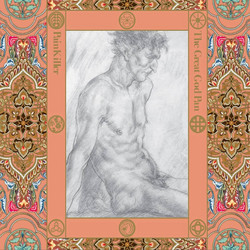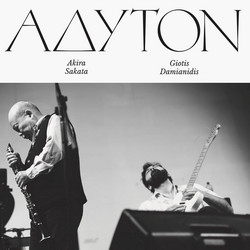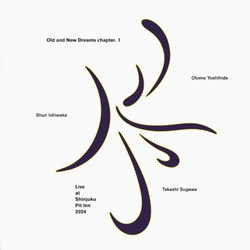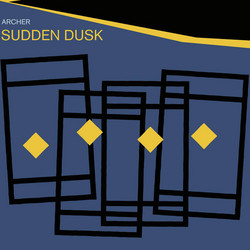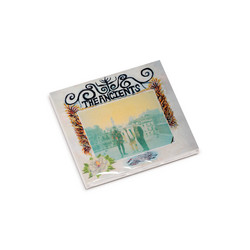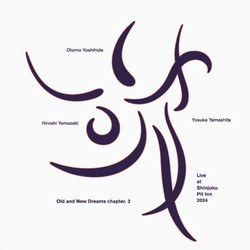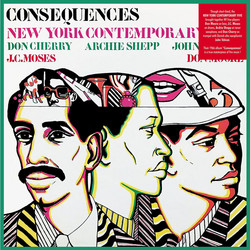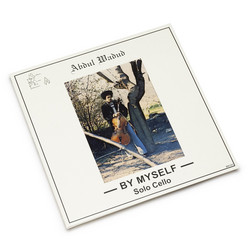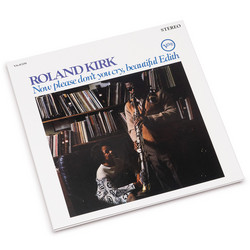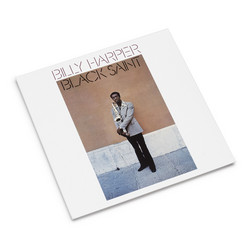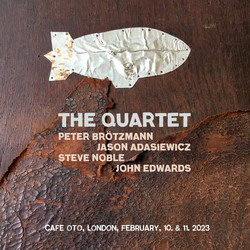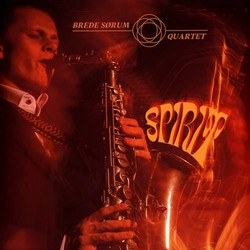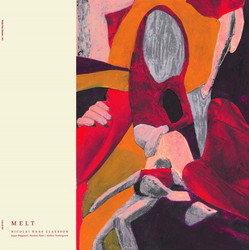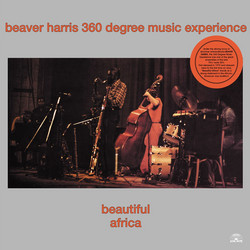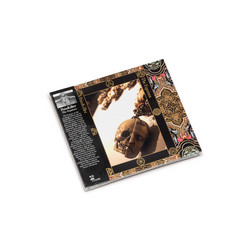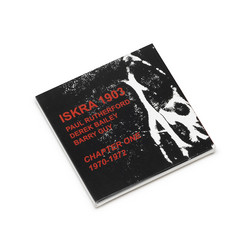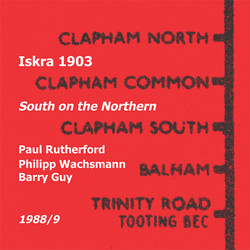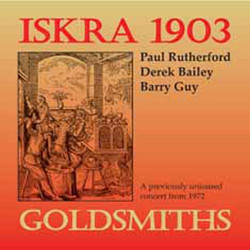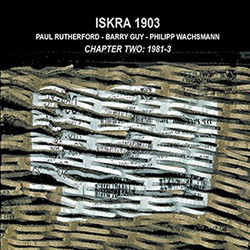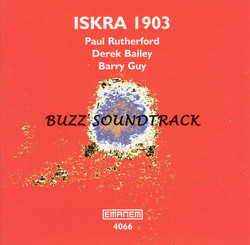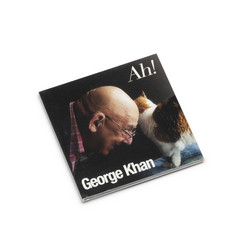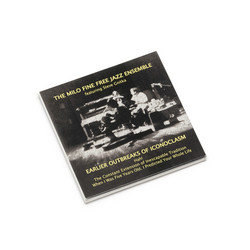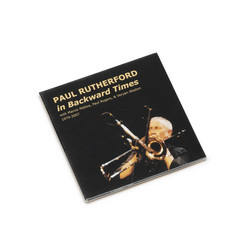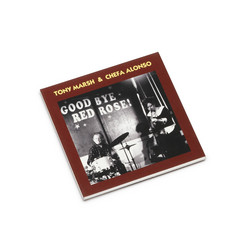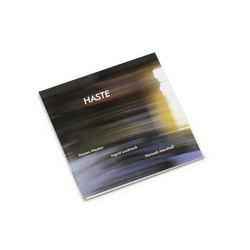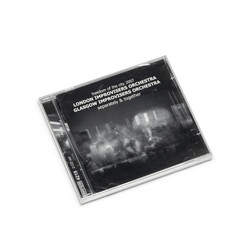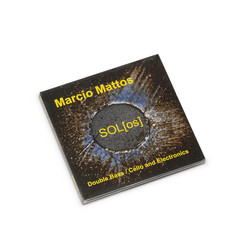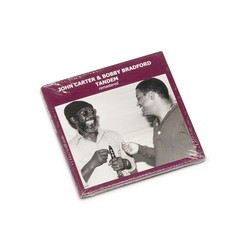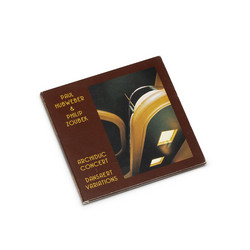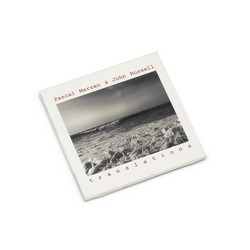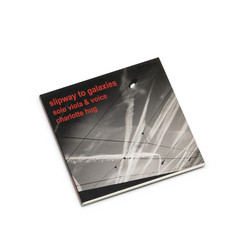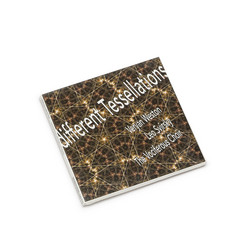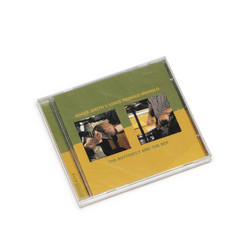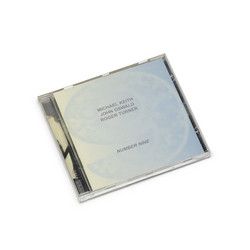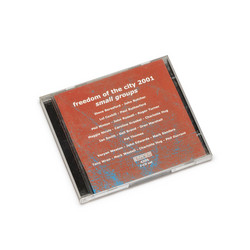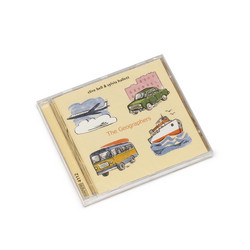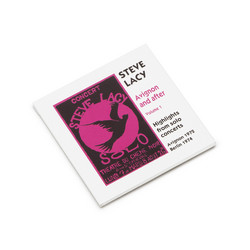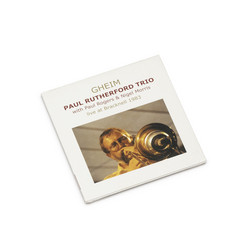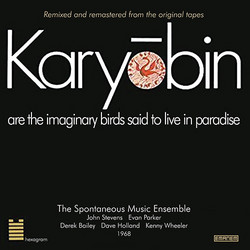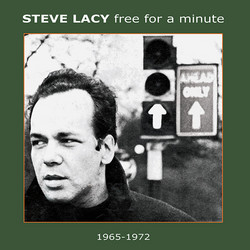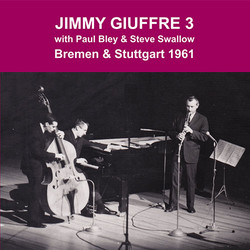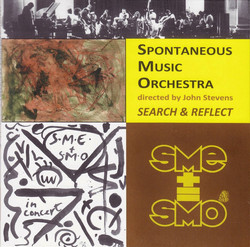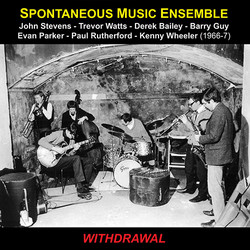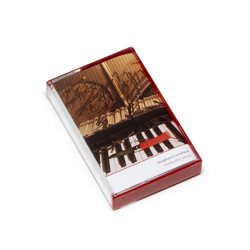Outside of Peter Brotzmann and Derek Bailey, I am not certain there are many players, European or otherwise, that maintain such sustained reverence from their peers as Paul Rutherford. And deservedly so, since I know of very few musicians as uncompromising as the British trombonist.
While the trombone has languished in mediocrity over the past three decades, with the exception of a select number, on American shores, the European improvisers who call the trombone their home have continued its forward development and pushed the envelope to levels unthinkable forty years ago. Players like Rutherford, Gunter Christmann, and Konrad Bauer have given new life to an instrument relegated to the third row in big bands.
Rutherford, in particular, has risen above the ashes and blazed his own path with a sound so distinct, I can usually name that tune in three notes.
Here, he is paired with violinist Philipp Wachsmann and bassist Barry Guy (both amplified) for a live concert recorded in 1991. Frankfurter Memories is a half hour plus improvisational jamboree with Wachsmann and Guy furiously plucking and bowing away following Rutherford's nimble quotes. The piece requires steadfast attentiveness, since the electro-acoustic trio throws ideas around like they were footballs, casually tossing them back and forth. It is intriguing even in its simplest form, and stimulating in its most challenging. A series of solo improvisational spots from the three members follows with a technical how to from Rutherford that is superbly euphoric, and concludes with another trio number.
A terrific recording, Iskra 1903 is about as good as it gets."
